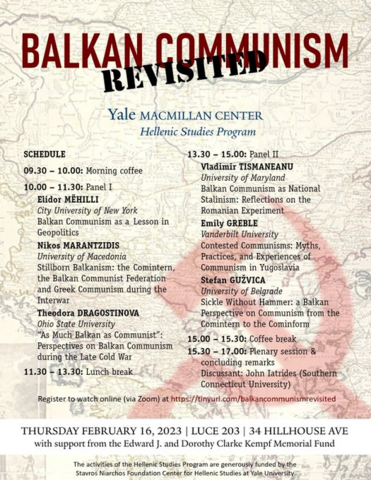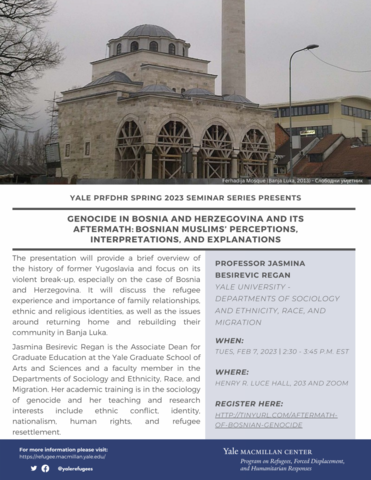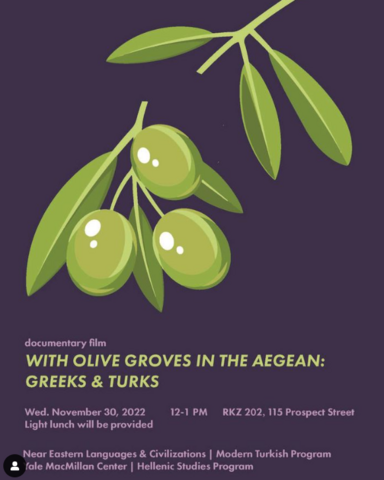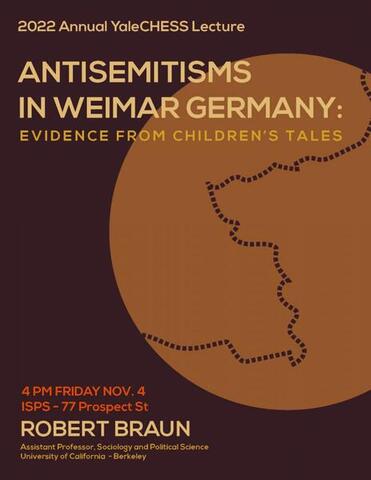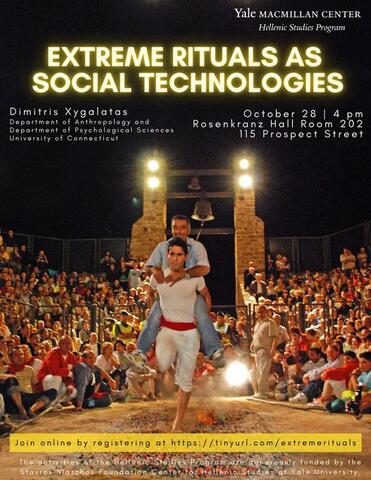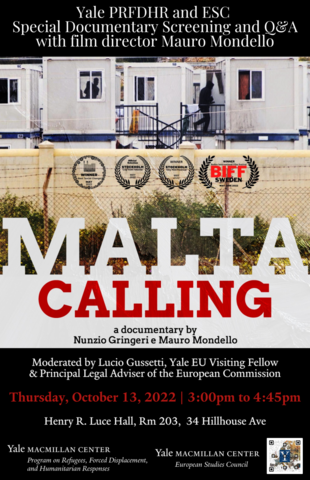Greece & Classical Music: In Myth and Tradition
Greece has a strong folk music culture and a tradition of Byzantine music (Greek Orthodox church music). These styles include musical features such as tropic modes and compound rhythms, musical elements that sound ‘exotic’ to the Western-trained ear. Furthermore, the music that is often associated with Greece around the world is an early 20th-century urban popular style known as rebetika (e.g. Zorba’s dance). With these musical styles and traditions, one might wonder how Western classical music could ever find its footing; the musical building blocks of each style are so far apart that it seems that a ‘Greek version’ of classical music—an amalgamation of these two worlds—would be difficult to achieve. But surely Greek classical musicians do come to mind: Maria Callas, Dimitris Mitropoulos, Nikos Skalkottas, and perhaps others. However, while these famed Greek classical musicians put Greece ‘on the map’ for the rest of the world, they were not completely embedded in the music making of Greece nor in the creation of a national school. So does Greece have a national school of music, a collective of classical music composers working to create a national genre, an equivalent to Glinka, Britten, Bartok, or Janaček?
This recital program explores this nuanced relationship between Greek music and classical music, the age-old duality of East and West. They begin by highlighting the ways in which Greek mythology and antiquity have influenced canonical Western classical music composers such as Schubert and Berkeley. They then see that Greek musical styles have actually been incorporated into the works of other canonical composers, such as Ravel. Some composers of Greek origin have studied and lived abroad (e.g. Lambelet) and have even become pupils of Ravel (e.g. Riadis), but they still endeavored to create a national school of music, a ‘genuine’ Greek classical music style adjusted to western principles. They attempted to westernize Greek music in a similar way to the Europeanization of the nation’s political system after the fall of the Ottoman Empire. Composers of the Greek National School—most notably Kalomiris, Riadis, Varvoglis, and Lambelet—attempted to create a ‘national music,’ but their music was ultimately seen as foreign to the vast majority of the Greek population. In contrast, another camp of composers (e.g. Hadjidakis, Mikis Theodorakis, Constantinides), who actually lived and worked in Greece, set out to create a new style that drew elements mainly from popular and folk music. The music of the latter composers has since dominated the musical scene and is considered to be truly ‘Greek music,’ and our program pairs this ‘authentic’ style with the styles perceived to be ‘Greek’ from the rest of the world. In doing so, they present a complex musical portrait of Greece, pulled between East and West but somehow sitting at the center of the world just as it has for centuries.



